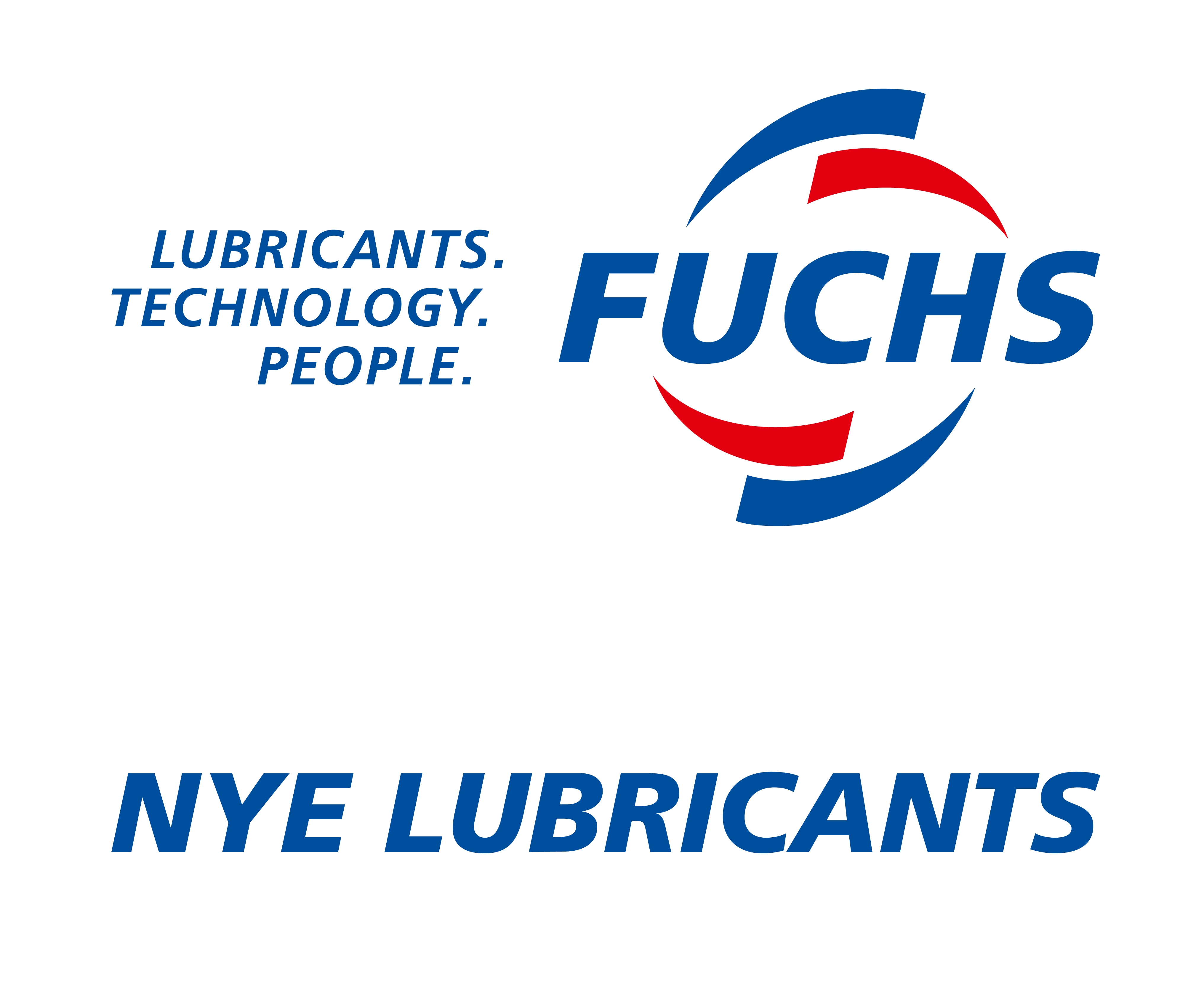Nye Lubeletter - May 2004
 New Synthetic Fluid Boosts Performances of Lubes for Auto Components
New Synthetic Fluid Boosts Performances of Lubes for Auto Components
Experimental synthetic greases formulated at Nye for CV joints and automotive electrical connectors suggest that alkylated naphthalene (AN) blendstocks — synthetic fluids made from a reaction of olefins and napthalene — offer a value proposition OEMs want. This value is breakthrough lubricant performance without budget-busting cost. In laboratory tests, a grease made from a blend of AN and select polyalphaolefin (PAO) fluids showed significant performance enhancements over grease made only with PAO oil. Blending ANs and specific PAOs also improved antiwear performance when compared to PAOester blends. While ANs cost more than PAOs ounce for ounce, using ANs as a blendstock can enable some PAOs to deliver the performance benefits of more expensive synthetic oils at a fraction of the cost.
 12 New Synthetic Food-Grade Lubricants
12 New Synthetic Food-Grade Lubricants
The faster food processing machinery runs, the more likely it will benefit from synthetic oils and greases. Many mineral-oil-based products that meet the NSF International’s food-grade requirements do not measure up to the more demanding temperature and load requirements of modern food, beverage, and pharmaceutical processing equipment. Nye received NSF certification for 12 synthetic foodgrade lubricants that can be custom-designed to meet a customers’ specific operating requirements. Nye will also be submitting new foodgrade lubricants to NSF for registration.
 Experimental Grease Boosts Conductivity and Temperature Range
Experimental Grease Boosts Conductivity and Temperature Range
Electrically conductive grease is one way to help reduce current-related bearing damage. Compared to mechanical and electronic add-ons, electrically conductive grease is very economical. A new experimental electrically conductive bearing grease boosts the upper temperature limit and the conductivity of its predecessor, NyoGel® 758G.

